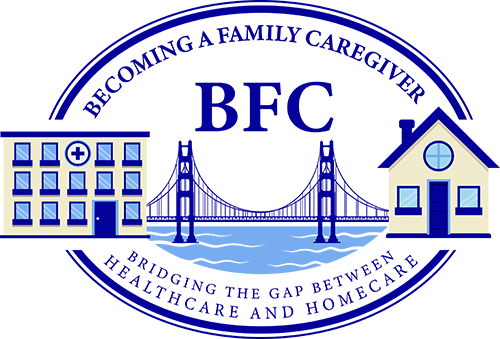Caregivers Can be Victims, Too
The news publishes many articles about elderly abuse and domestic violence associated with in-home care. However, seniors and the disabled are not the only ones who can be victims of abuse when it comes to in-home care; the caregiver can be a victim, too. In some situations, the one receiving care intentionally injures the caregiver. The reason is either due to medical conditions limiting self-control (dementia or mental illness) or a violent personality that continues domestic violence behaviors present in the family as a child or spousal abuse.
Many abuse victims become caregivers to their abusers leading to resentment and other negative feelings. Often, the prior history of abuse was kept private. As a result, others outside the family have no idea that anyone is a victim. As the pain and frustration of the illness or disability intensify, so do the outbursts of violence directed toward the caregiver.
Following are examples of some family situations that often lead to caregiver abuse:
- An adult “child” with a marginally controlled mental illness becomes violent during a dispute about their parent’s need for medication. During the dispute, the adult child slaps their parent hard enough to push them into a sharp object, cutting their leg and requiring stitches.
- An older woman with dementia is known to wander. Last week she was found near the woods at dusk. Her daughter put bolt locks on the external doors and alarms on the windows. She became extremely angry and agitated, accusing her daughter of “locking her in her room” and treating her “like a child.” She threw a picture frame at her daughter and hit her in the head during her attempt to escape.
Unlike the elderly and disabled individuals, caregivers do not have special protections or safety nets such as Adult Protective Services (APS) at their disposal. APS services are not available to abused caregivers. However, the caregiver can file a police report. Unfortunately, since reports of domestic violence require investigation “for cause,” the incident often results in a dismissal of charges due to no witnesses and “he said, she said” testimony. Ironically, during an investigation, a sympathetic or suspicious investigator may notify APS of a potential case of “adult abuse” due to a concern that the “abused caregiver” might be covering up harm imposed on the accused family member.
Abused caregivers do have a few options in these difficult situations.
- They can distance themselves from the abuser by hiring someone else to provide care. However, there is a risk that the hired person may also become a victim of abuse.
- Coordinating care from a distance is an option, but since someone still must provide care to the family member, the risk of abuse to that person exists.
- Report behaviors to the family member’s healthcare team and ask if any medications or new medical diagnoses might be the culprit. Try new therapies that teach how to help create new responses to triggers that set off negative behaviors.
- If the abuse is directed specifically at one person in the family and others are not threatened, transfer care and power of attorney authority to someone other than that person.
Seek help if you are a victim, establish boundaries with the abuser, and enforce those boundaries for your protection. The decision to stop taking abuse is extremely difficult but needed for your safety. You don’t have to take physical or mental abuse from anyone.
https://www.agingcare.com/articles/caregivers-can-be-abused-too-190887.htm

